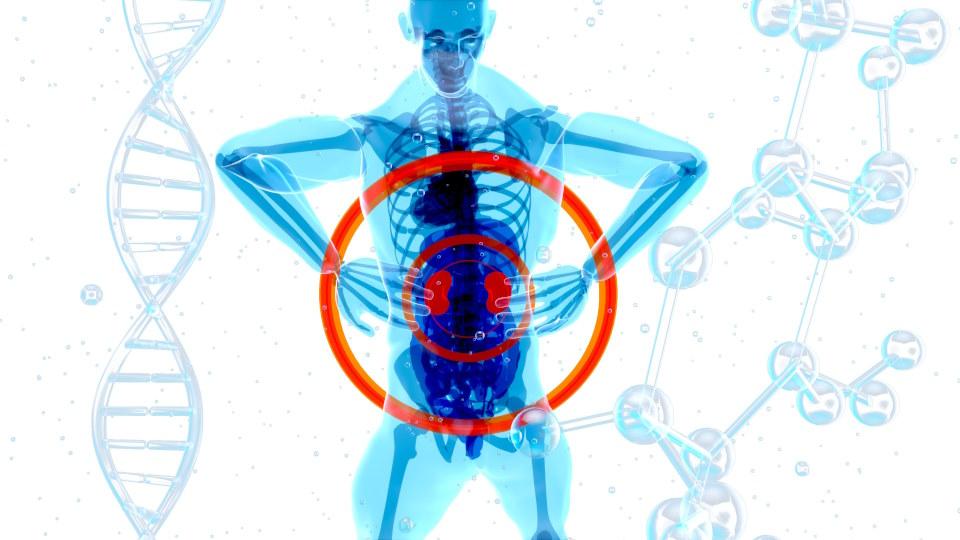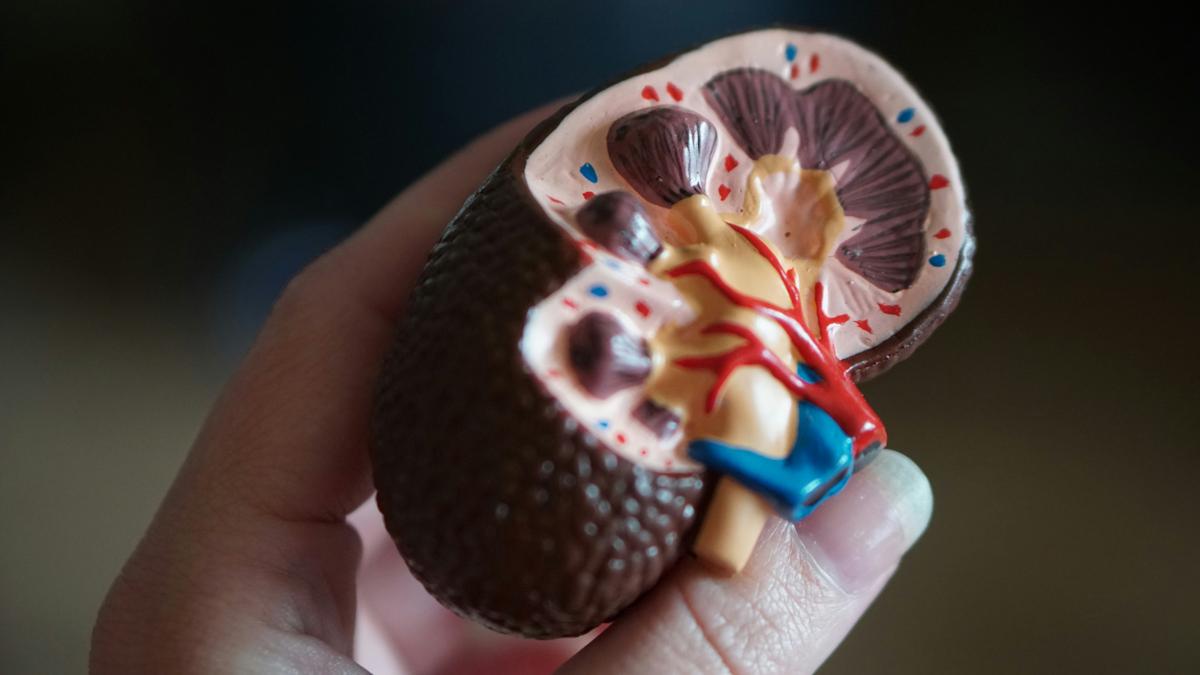New data in C3G sets up filings for Novartis’ Fabhalta

Just days after getting FDA approval for Fabhalta as the first oral therapy for paroxysmal nocturnal haemoglobinuria (PNH), Novartis has reported new data showing it is also effective in C3 glomerulopathy, another complement-mediated kidney disease.
The results from the phase 3 APPEAR-C3G study showed that Fabhalta (iptacopan) met its primary objective of an improvement of protein in the urine (proteinuria) compared to placebo at six months, setting up filings for regulatory approval.
Last week, targeted factor B inhibitor Fabhalta (iptacopan) was cleared by the FDA as an oral alternative to therapies for PNH like AstraZeneca/Alexion’s complement C5 inhibitors Soliris (eculizumab) and Ultomiris (ravulizumab) and Apellis’ C3 inhibitor Empaveli (pegcetacoplan) that need to be delivered either by infusion or injection.
Now, the drug is on track to provide the first FDA-approved option for patients with C3G, a progressive form of kidney disease often affecting adolescents and young adults that can lead to kidney failure and the need for a transplant.
The disease is estimated to affect around one person per million in the US, a smaller patient population than PNH, which affects 10-20 people per million worldwide, but is one of a series of indications that Novartis thinks could collectively drive Fabhalta sales north of $3 billion. Fabhalta also recently showed encouraging top-line results in IgA nephropathy (IgAN), which affects around 25 people per million worldwide.
Other companies trying to bring C3G therapies to market include Amgen, whose oral C5 inhibitor Tavneos (avacopan) – acquired along with ChemoCentryx last year – is in a phase 2 clinical trial for the disease and already approved for ANCA-associated vasculitis.
Apellis’s injectable C3 inhibitor Empaveli (pegcetacoplan) is also in phase 2 for C3G, and approved for PNH, while Omeros Corp is running early-stage clinical trials of a MASP-3-targeting antibody OMS-906 for the disease.
AstraZeneca had been developing its oral Factor D inhibitor danicopan for C3G until it failed a phase 2 trial, although, a follow-up is still in clinical development.
“People living with C3 glomerulopathy have no approved treatment options indicated for this progressive disease, posing many challenges and uncertainty for these mostly young patients,” commented Shreeram Aradhye, Novartis’ chief medical officer.
“These positive results demonstrate the potential of iptacopan to provide clinically meaningful benefit in C3G and add to our growing body of evidence that supports its use across multiple complement-mediated diseases.”
Novartis revealed the top-line APPEAR-C3G data for Fabhalta as the 2023 American Society of Haematology (ASH) congress got underway.
At ASH, Novartis also reported new data from a long-term extension of the APPLY-PNH study that supported Fabhalta’s approval in PNH, showing the benefits reported at 24 weeks were maintained out to 48 weeks, including near-normal haemoglobin levels, transfusion avoidance, and improved patient-reported fatigue.
A group of patients who switched from their C5 inhibitor to the oral drug saw similar benefits at that time point, including an increase in mean haemoglobin levels to near-normal levels (12.1 g/dL). All told, 94% of them were also transfusion-free after 48 weeks and there were improvements in patient-reported fatigue after switching to Fabhalta.












